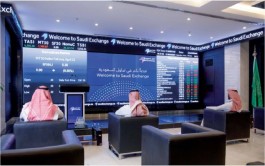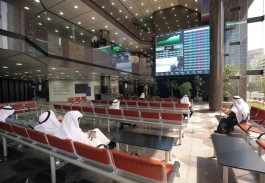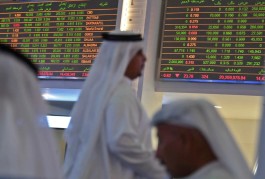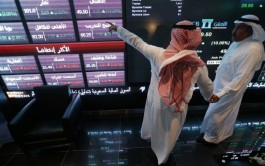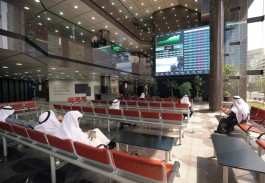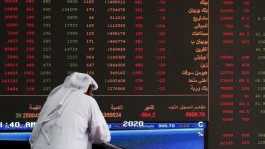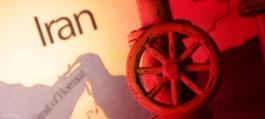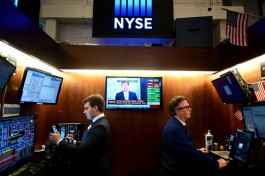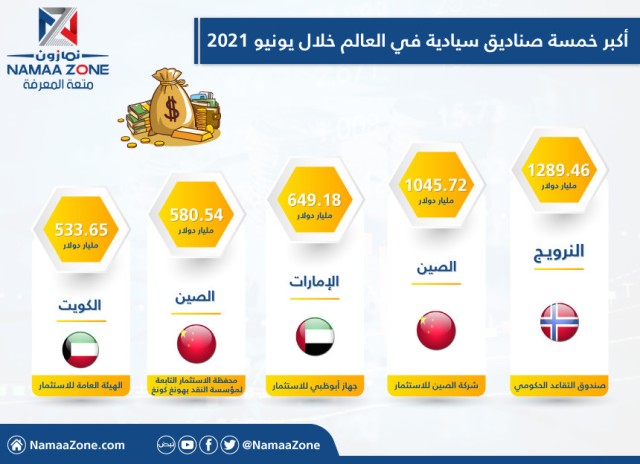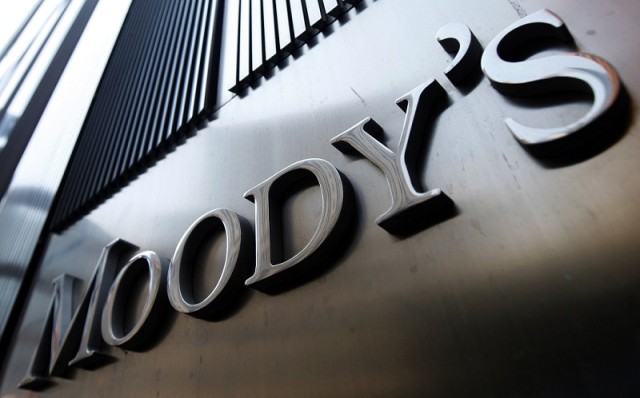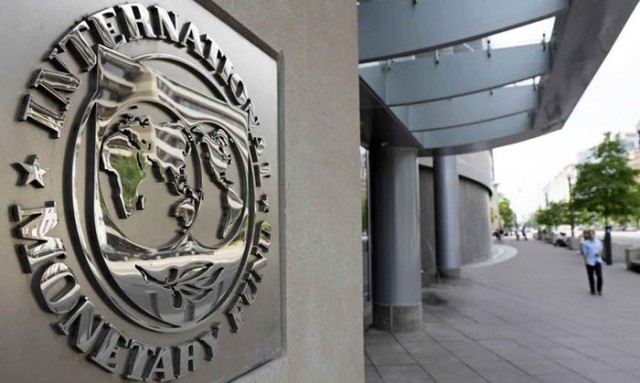Gulf sovereign funds recorded the worst performance in governance and transparency compared to their peers in other countries, according to a study published by the (Global SWF) platform, which is specialized in analyzing wealth funds.
Bloomberg News Agency stated that the annual study ranked the sovereign funds of the countries of the region according to their commitment to governance, sustainability and flexibility, and that it included 70 sovereign wealth funds and 30 pension funds around the world.< /p>
The study found that the three largest funds in the Middle East are getting worse in the confidence criterion, referring to the investment funds of Abu Dhabi, Qatar and Kuwait.
She also pointed out that many of the largest sovereigns in the region lack transparency, and insufficient disclosure, explaining that wealth funds in countries such as Norway, New Zealand and Australia have higher levels of governance. sustainability and flexibility.
The Qatar Wealth Fund has removed many indicators and information from its website, while the Kuwait Investment Authority provides less clarity about the two funds (which it manages) and how they affect liquidity. Both, according to the report.
The Kuwait Investment Authority has been forgotten since the termination of its board of directors two months ago, as political disagreements led to the failure to form a new board of directors for the world's oldest sovereign wealth fund.
While the report said Saudi Arabia's Public Investment Fund had begun to put together a working group on governance, sustainability and resilience, it reported that the Abu Dhabi Investment Authority lost some points on its increasingly opaque annual report. , which no longer includes details such as the fund's relationship with the government.
The report showed that only 4 funds in the Middle East exceeded 50% of the index, including Mubadala Investment Company in Abu Dhabi, and Mumtalakat Holding Company, which is the sovereign fund of Bahrain. .
The lack of clarity in government finances in the Gulf and the authorities' repeated failure to provide timely statistics is a source of frustration for investors, the agency said.









